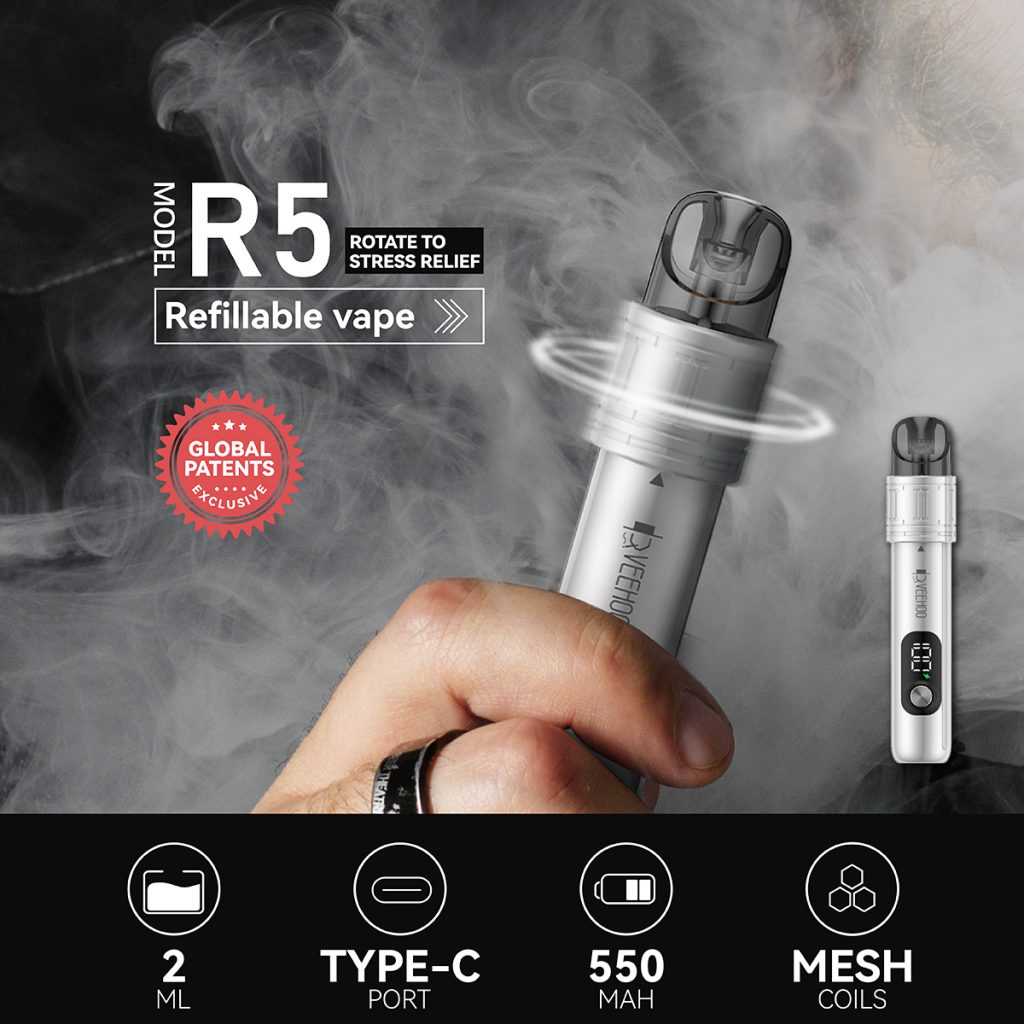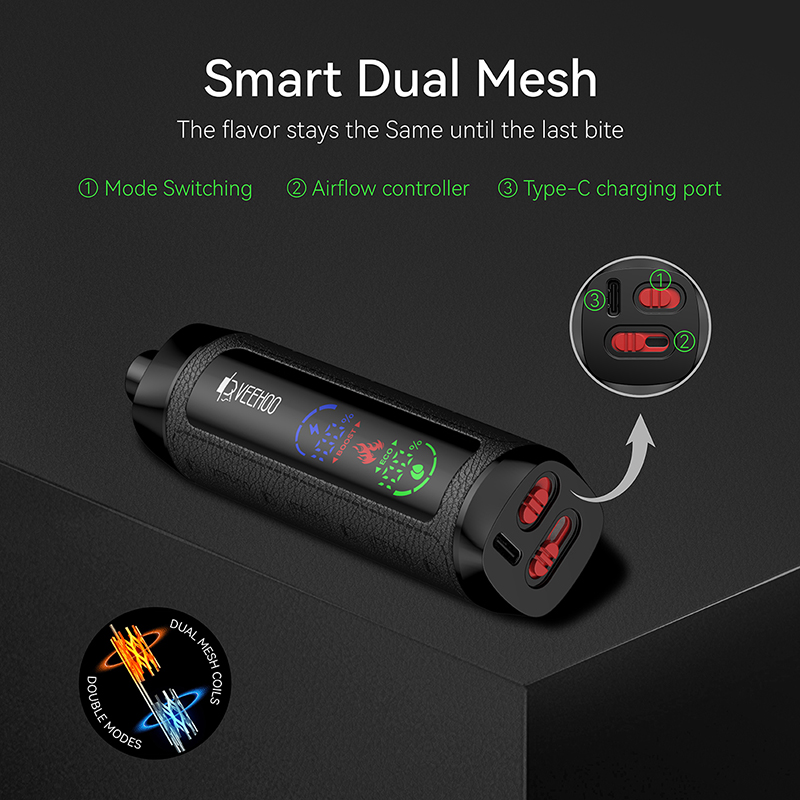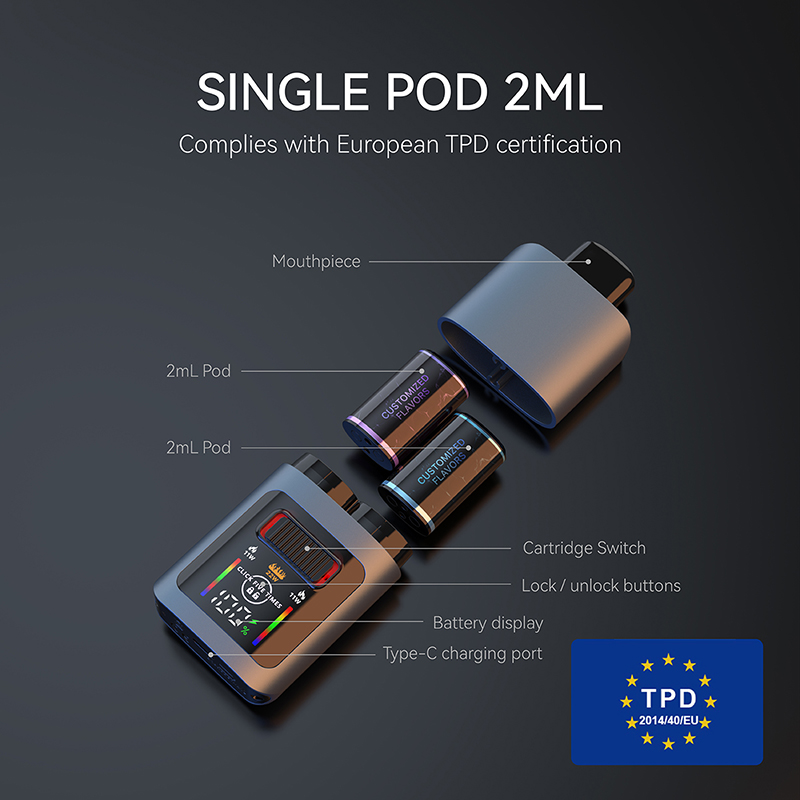In a corner of Moscow, early autumn leaves were scattered in the cold wind. In a busy commercial street in the city center, there is a seemingly inconspicuous small store that has attracted the attention of regulatory authorities and the court for suspected illegal sale of tobacco products. After being reported, this store has recently ushered in a sudden investigation. After several months of investigation, the local court finally ruled that the store must be closed immediately, and its premises must not be used for tobacco sales or the leasing and operation of nicotine-containing products in any form.
The authorities found that the store not only sold traditional tobacco products such as cigarettes and cigars that were not certified by the legal label traceability system, but also was suspected of selling unauthorized e-cigarettes and e-liquids. Since 2014, Russia has completely banned the display of tobacco products on counters or windows. Merchants must strictly follow Article 19 of the 2013 Anti-Tobacco Law to hide any tobacco products and display them only when customers request them. However, the store blatantly placed cigarette boxes in a conspicuous position, with light boxes and posters for display, blatantly attracting customers to buy, violating various provisions of federal laws.
After the regulatory authorities intervened in the investigation, the store owner failed to provide a legal tobacco sales license or legal labeling certificate. According to Rosalkogoltabakkontrol, in 2024 alone, hundreds of millions of units of tobacco products in Russia were “blocked” or prevented from being sold by the system because they could not show legal sources or violated pricing regulations. Obviously, this store is in a gray or even illegal area in terms of filing, labeling, and sales channels.

The court determined that the store constituted a serious violation of the law based on investigation, hearing, and evidence verification. The verdict pointed out that the store was not only an individual merchant who illegally operated tobacco products, but also used a rental contract to provide the venue to others to sell nicotine-containing products. The court believes that this behavior not only violates public health laws, but also deprives local residents of the right to know and choose the surrounding environment. In the end, the court ordered the store to close immediately and prohibited its owners and partners from renting the property again for any tobacco or e-cigarette product business activities.
This penalty decision is of great significance and represents Russia’s firm attitude in combating the illegal tobacco market and enforcing anti-tobacco regulations. From the perspective of legislative development, Russia is gradually building a stricter online and offline tobacco and e-cigarette regulatory system. In recent years, the country has banned the online sale of nicotine products and blocked related websites through courts or regulatory agencies. Federal law also sets high fines for selling e-cigarettes and ignition devices to minors, and companies may face fines of millions of rubles when they violate the law.
In this context, the investigation and closure of this store is undoubtedly a signal of escalating law enforcement. It not only reflects the zero tolerance of the federal government and local regulatory authorities for illegal tobacco trade, but also reflects the comprehensive consideration of the protection of minors, consumers’ right to know, and public safety.
As supervision becomes stricter, brands and companies that operate in accordance with the law are ushering in opportunities. Take the VEEHOO e-cigarette brand as an example. In recent years, it has entered the Russian market and won the attention of the industry and consumers with its good compliance and transparent system. VEEHOO’s products are all labeled with compliance labels, clearly marked with nicotine content, warnings that minors are prohibited from using them, and traceability information can be scanned to ensure that the source of goods is legal and traceable. The store layout emphasizes the adult consumption experience, avoids the use of bright cartoons or playful propaganda, and refuses inducement Display or marketing methods. The brand actively implements the “ID card age verification for entering the store” system, and only opens purchase channels to legal adults. Such measures are exactly in line with the spirit of Russia’s anti-smoking regulations and are also the market compliance form that the country’s law enforcement agencies hope to see.

VEEHOO also actively supports the national regulations on the ban on the sale of online e-liquids and flavor additives, strictly restricts product sales to qualified offline channels, and actively cooperates with government supervision and random inspections. Its promotional style is concise and the consumer education orientation is clear. At the same time, the brand refuses to induce colorful packaging, which also compresses the potential attraction to minors. These good practices make it a model for legal operation of tobacco or tobacco substitute products, and will also be more robust and competitive under the strict regulatory environment in the future.
This incident in which a Moscow store was ordered to close by the court tells us that the law is not only on paper, but also enforced on the spot. Russia is establishing the legal boundaries of offline sales of tobacco and nicotine products through a series of legislative and judicial means. Any behavior that crosses the line, does not comply with the labeling system, and ignores the protection of minors will be severely cracked down. This move not only deters other potential illegal merchants, but also leaves a purer and more sustainable operating space for law-abiding enterprises.
In addition, this case also reminds the importance of cooperation between local governments and the media and the public. The reporting mechanism enables law enforcement agencies to accurately locate problematic merchants. The court characterized the non-compliant business behavior and strictly restricted subsequent detours with a property rental ban, which also set a legal precedent and operational template for similar cases in the future.
For urban residents, such governance helps improve the surrounding environment and reduce the health and safety risks brought to the community by the circulation of illegal tobacco. Shopping malls or streets are no longer flooded with shops selling illegal cigarettes, which protects citizens from being exposed to the risk of unregulated products. For minors, it is more of a protection – reducing the chance of contact and reducing the risk of trying.
From a more macro perspective, Russia is strengthening the tobacco and e-cigarette regulatory system, which is a comprehensive system evolution from national mandatory regulations to judicial enforcement to brand self-discipline and compliance. At the national level, operators are being promoted to register, ban online sales, label traceability systems and impose high fines; local courts are imposing case sanctions through suspension and rental bans; compliant brands such as VEEHOO actively respond to policies, create legal operation paths, and become compliant winners under the system.
In the future, as anti-smoking laws continue to improve and enforcement continues to strengthen, the market will be more inclined to those companies that are willing to take responsibility, cooperate with supervision, have transparent supply chains and reasonable age control. It is in such a market environment that VEEHOO has built a trustworthy brand image through clear label information, strict age verification, reasonable adult experience store design and rejection of inducement marketing strategies.

Although this store’s illegal sale of cigarettes has caused a shock, it also highlights a positive trend: the improvement of legal awareness, the strengthening of law enforcement, and the rise of compliant brands. Only with the joint effect of clear rules, strong law enforcement, and strict brand self-discipline, can the market for tobacco and e-cigarette products develop in a healthier, safer and more legal direction.
It can be seen that investigating and punishing illegal stores in accordance with the law, sentencing them to suspend business and prohibiting rental purposes is not just an administrative penalty, but a promotion of system construction. It sends a clear signal to all merchants, brands and consumers: legal, compliant, transparent and responsible operations are the future direction of the market. Brands like VEEHOO that abide by the rules, focus on public health and respect consumer rights will be more vital and have a positive impact in this new era.
Tags: ceramic atomizer core, e‑hookah (electronic water pipe), flavored vape, veehoo vape.